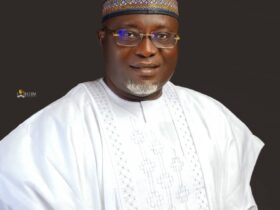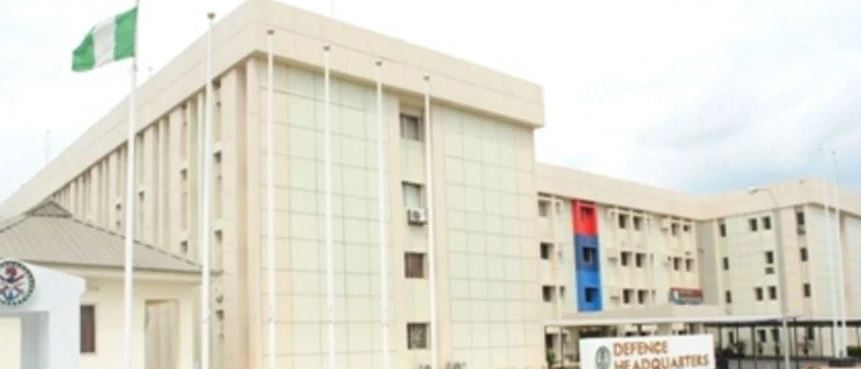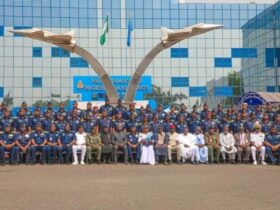President of the Pharmaceutical Society of Nigeria (PSN) Prof. Cyril Usifoh, disclosed that over 7,000 pharmacists emigrated from Nigeria in the past two years.
Usifoh, a professor of Pharmacy, said this during the society’s 96th annual conference of the Pharmaceutical Society of Nigeria (PSN) held in Gombe State, with the theme: “Pharmaceutical Practice: A pivot to universal health coverage in Nigeria.’’
He was present to evaluate the association’s works in the past one year and to strategize on ways to improve the health sector.
He said PSN’s activities as an association was to make Nigeria more self-sufficient and to improve the health sector.
Also, his concerns were centered around the typical issue of brain drain, saying pharmacists opted to leave Nigeria in pursuit of more favorable practice conditions abroad which remains a major challenge in the health sector, demands earnest attention for the betterment of Nigerians’ well-being.
Usifoh therefore stressed that the government must create a conducive environment for pharmacists to operate effectively, reversing the trend and motivating pharmacists to remain in the country, thus contributing to its development.
Partnering with the government to improve the health sector
Usifoh said,
- “If you want to stop brain drain, you will create conditions to enable people not to go. Government should create the enabling environment that will prevent people from leaving, but to come here.
- “I am confident that when the opportunities are there, you will have what we call brain gain; they will come back: we are here, we are not leaving..
- “We are planning to partner with the government, especially in its industrial park and to examine how pharmaceutical companies can possibly to set up outlets in the state,’’ he said.
He eventually pointed out that the attendees at the conference, including members and industrialists, are actively exploring collaboration with the Gombe State government to tap into the potential opportunities within the pharmaceutical industry in the state.















